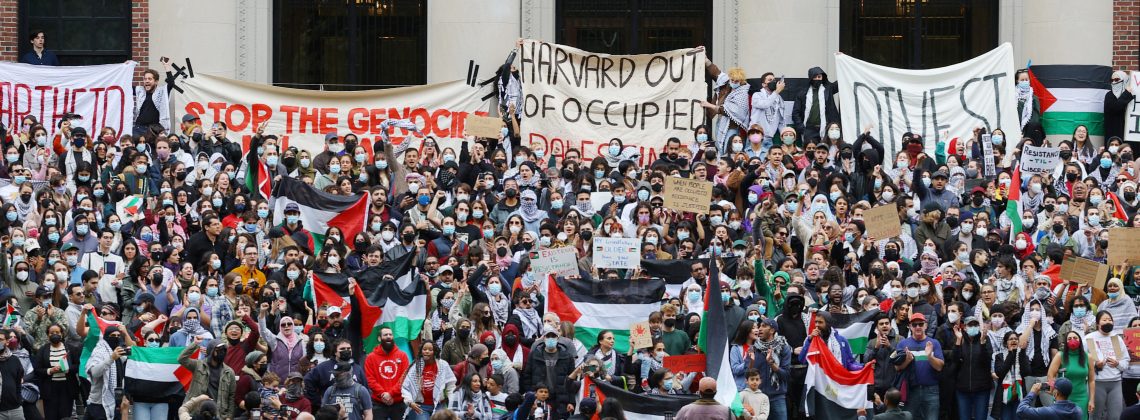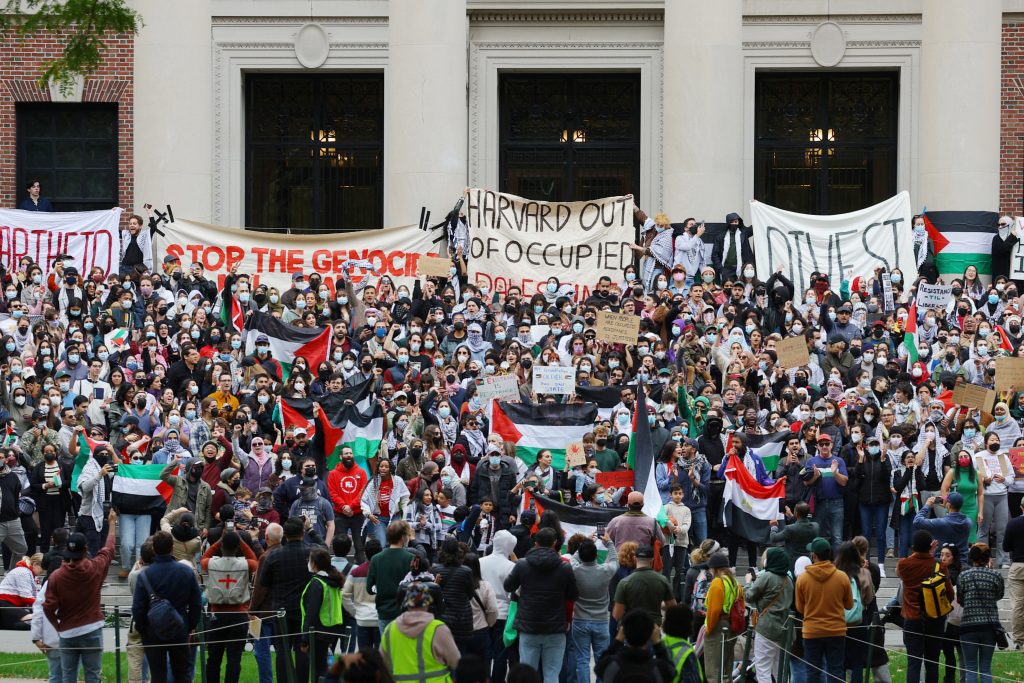

A few months ago, Inherit Magazine had asked me to write on the new antisemitism that seems to have come to the fore in full strength since last October. What I wrote came to mind again this week, in light of more protests on college campuses, now at Yale. Here’s a taste (and you can read the piece in full here).
When it comes to antisemitism in America, it is out with the old and in with the new. The new antisemitism is a more “respectable” variety that masquerades as social justice rather than hate, boldly claiming to be, in fact, an act of love for the oppressed—in this case, Palestinians. Dissected, the anatomy of this new antisemitism begins to reveal that it may be more dangerous than its older, less pretentious cousin.
When the news of Hamas’ attacks first broke on that day in October, the shock over the horrific and grotesque violence inflicted on innocent civilians, including women, children, and elderly Holocaust survivors, was quickly overshadowed. Media coverage swiftly shifted to covering Israel’s military response of striking the Gaza Strip. As someone with a Jewish background, as a dual American-Israeli citizen, as someone who believes in Jesus, and as a mother, I felt sorrow for the suffering of civilians—both Israeli and Palestinian.
It was striking for me to see, however, that this was not the reaction on many an elite college campus. Rather, protests on college campuses this fall took an overwhelmingly pro-Palestinian and anti-Israeli stance. The federal government launched civil rights investigations into some of these instances, but perhaps the moment that best captured the horror of this development involved the congressional hearing in December 2023, at which the presidents of three of the nation’s most prestigious institutions—University of Pennsylvania, MIT, and Harvard—would not, when asked directly, condemn the antisemitism of students on their respective campuses as a hate crime.
They weren’t lying. They were openly testifying to the true nature of this new antisemitism and their own fear of opposing it. This anti-Jewish (and anti-Israeli) sentiment presents itself not primarily as hatred, but as righteous wrath against oppressors on behalf of their long-suffering victims. The oppressors to be condemned in this case are Jews in the abstract and Israel in particular, whereas the victims who demand unmitigated compassion are the Gazans and Palestinians overall.
Just how pervasive are such sentiments? How deep does this new antisemitism go? The Harvard-Harris poll conducted on October 18–19, 2023—less than two weeks after the Hamas attack—offers some concrete insights. The college-aged bracket in the poll (18–24) consistently indicated stronger anti-Israel sentiment than any other group. Most telling of all was the response to the question “Do you think the Hamas killing of 1200 Israeli civilians in Israel can be justified by the grievances of Palestinians or is it not justified?” A chilling 51% responded: justified.